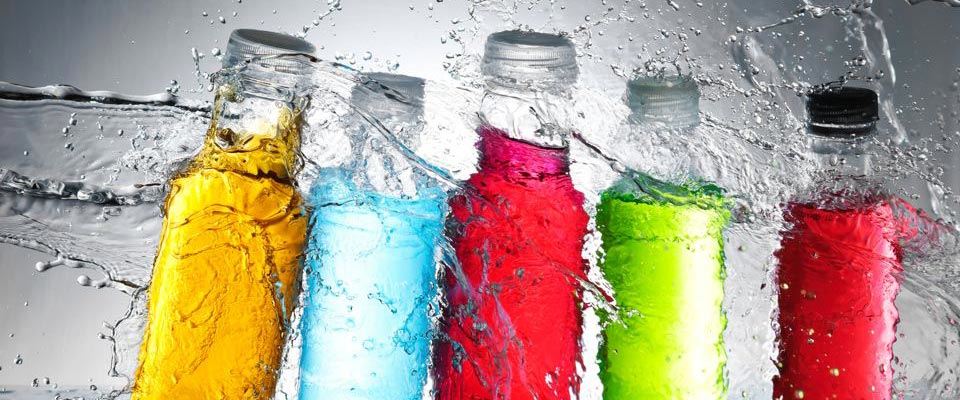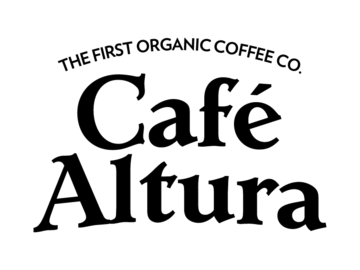
Coffee vs Energy Drinks
Energy drinks and coffee are often consumed for the same reason. By comparison, energy drinks are the new kids on the block. They tend to be considered the bad boys of caffeine, too.
Partly, the reputation of energy drinks is down to claims that they provide a ‘jolt’ of caffeine. If you want to get caffeine into your system quickly, some people say, this is the way.
Whether this is what you desire or what you fear, a recent study by Washington State University says that it’s not true. John White from the College of Pharmacy says that caffeine exposure is similar regardless of which delivery method is used.
So, with one myth deflated, how do they compare in other ways?
Here’s a look at how two popular drinks fare when they face off.
1. Coffee has more caffeine.
One fluid ounce of filter coffee normally contains around 18mg of caffeine. An average Starbucks coffee is likely to give you a massive 22.5mg per fluid ounce.
vs.
One fluid ounce of Monster or Rockstar, contains 10mg of caffeine. What gives these drinks their quick, energy-boosting reputation is not their caffeine content, but primarily sugar.
2. Coffee is natural.
Depending on your brand, your coffee may contain a few additives and preservatives. You can cut out additives and preservatives if you buy organic, especially if you grind your own beans. With organic and Fair Trade coffees, knowing what you’re putting in your body is fairly straightforward.
It’s good to know that coffee also naturally contains important nutrients, including vitamin B2 and vitamin B5, potassium, magnesium, and niacin.
vs
Look at the ingredients on the packaging of any energy drink. Now, lie down.
You’ll see many items that most people apart from scientists will find indecipherable. These drinks often contain numerous artificial preservatives, dyes, and flavorings.
Energy drinks often contain vitamins, but don’t expect any instant effect from these. Vitamins will do you good in the longer term. You might want to find a way of getting them into your body that is less like hard work for your system.
3. Coffee drinks can be sweetened according to taste.
It’s your choice. If you’re paying a little more for higher quality beans, you might like to enjoy it black.
vs
Energy drinks are typically high in sugar. Even sweetened coffee can contain less sugar. In some cases, that goes for syrupy sweet coffee varieties from high street coffee shops, too.
Monster, for example, contains over 50g of sugar. Imagine adding ten teaspoons of sugar into your cup of coffee. Now add three and a half more before drinking it.
This is where the energy from an energy drink comes from. Beware – this is a case of what goes up, must come down. A sugar crash inevitably follows a sudden intake of this much sugar, leaving the consumer feeling more fatigued than ever. Long term, this may contribute to the onset of diabetes.
4. Coffee has benefited from years of intense research
Coffee has been researched intensively over the last 100 years. As a result, scientists have discovered numerous benefits and potential benefits, including burning fat by increasing the metabolism by as much as 11%, lowering the risk of type II diabetes, and protecting people from Alzheimer’s Disease and dementia. What’s more, coffee has been used for centuries. A lot of knowledge and experience surrounds its intake.
vs
Energy drinks are relatively new. There is very little long-term safety research regarding their use. Much of the research that exists is in the area of the dangers of consuming energy drinks, because they have led to many overdoses, with hospitalizations and even deaths. It’s not as common as the mainstream media would have you believe, but it has happened and so this has been the focus of study.
Fatalities have typically been related to the quantity of energy drinks consumed, as well as their mixture with alcohol. As research continues, most people can consume energy drinks in moderation, responsibly, as part of a healthy lifestyle.
5. You can make multiple cups or pots of coffee.
Heat some water and you can enjoy multiple coffees. One packet will provide you with many servings, the strength of which you can adjust according to your needs or your taste.
vs
When you have an energy drink, you have so many cans. The single-serving sizes and potencies are defined for you, and when you’re out, you’re out.

6. Coffee is affordable compared to energy drinks.
As above, you can make multiple cups and pots of coffee from a single packet, even when buying higher end brands.
vs
Energy drinks are expensive, costing significantly more than a can of soda for a similar amount.
7. Coffee is social.
From coffee mornings and coffee breaks, to enjoying a coffee after dinner out, drinking coffee can be a pleasant, social, and shared experience. It’s a versatile drink that you can have in the manner you enjoy the most.
You get the benefit of its flavor, it’s warmth (or chill, if you prefer an iced coffee), and the energizing effects of its caffeine content. The enjoyment is such that people will drink decaffeinated coffee too, so they’re not only in it for the buzz.
vs
Nobody is going to invite you over to their apartment for an energy drink.
When it comes to health and your pocket, coffee comes out on top. And of all these reasons why coffee trounces energy drinks, number 7 is our favorite.
This is not saying that energy drinks don’t have their place. They do. While coffee and energy drinks both contain caffeine, however, they are very different products.
If you’re looking for a boost before a workout, avoid caffeine in any drink. It will dehydrate you. Eat a sandwich well before your workout for slow-release carbs, and then drink some water to keep yourself hydrated.
In other circumstances, whether you are enjoying a smooth coffee or using an energy drink shot, do so responsibly. Listen to your body and consume them as part of a healthy lifestyle.
Check out our great coffee products from around the world and enjoy your favorite drink in style.
(images licensed from Shutterstock)
